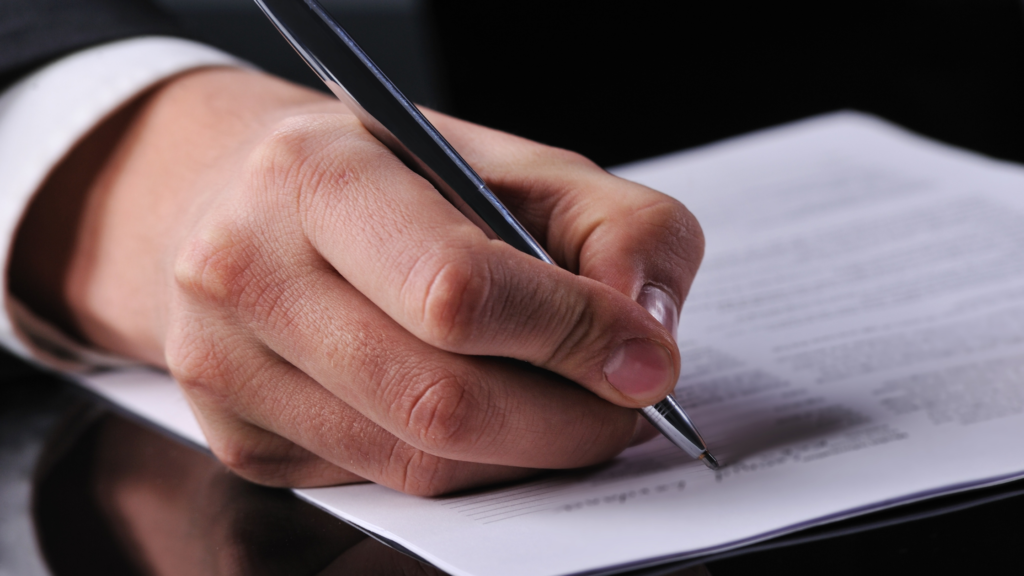Credible Witness Notary
Whether you are a new or seasoned notary, at some point in your career, you may be tasked to complete a notarization that involves a signer who can’t produce valid identification. A credible witness notary.
What do you do in this situation? How do you handle this type of scenario? The most important task of a notary is to properly identify all signers involved by verifying their identity via the physical identification they provide. When a signer cannot produce valid identification, depending on your state requirements, the next course of action is to use a credible witness.
Some states, including my home state of New York, provide minimal instruction on how to handle this type of situation. However, when you dig a bit and do your homework, a credible witness will hold the same legitimacy as a valid physical identification. You can then proceed with the signing.
What is a Credible Witness
A credible witness is someone who has agreed to legally vouch for the signer’s identity when they cannot produce valid identification for themselves. This allows the notary to execute the documents in the absence of a state-recognized valid identification, such as a driver’s license. The specific requirements vary between states, but under New York state law, the credible witness can be 1 or 2 person(s) and must be known to either the notary, the signer, or both. The credible witness must be impartial. A family member serving as a credible witness is not immediately disqualified. However, they must be exempt from receiving financial gain or any other benefit related to notarizing the document.

How to use a credible witness for notary signings
Credible witnesses should only be used in situations where the execution of documents is urgent. In cases where the signer is able to produce valid identification at a later time, they should be encouraged to do so and the signing can be rescheduled. The most common use of credible witnesses is for the elderly, hospital patients, or individuals confined to a home. Due to their mobility issues and circumstance, it may be very challenging for these signings to produce valid identification.
Each credible witness notary used should sign a written affidavit attesting to serve as the credible witness. They will then swear under oath that the statements in the affidavit are true and correct. The notary will need to apply their notary seal and follow all state requirements for the affidavit. The notary should also indicate on the document being signed that the identification was made through the use of a credible witness and then record the event (with detail) in their notary journal.
National Notary Association has a great article on how to record witnesses in your notary journal.

Learn your state’s requirements for credible witnesses
As a notary, you should familiarize yourself with your specific state requirements in order to conduct a signing using a credible witness notary. Refer to your Secretary of State’s website, your notary state handbook, as well as the National Notary Association for clarification.
Performing a signing using a credible witness is nothing to shy away from, and in fact, it can be a great thing to have in your notary toolbox for those who might find themselves in a situation where this is needed. It’s just another opportunity for you to put on your notary superhero cape and save the day!
Are you a member of Notary Jane yet? Join our national notary directory today.

Kim Jones
Notary Roc City Notary Services
Kim Jones is a veteran mobile Notary and Notary Signing Agent with over 15 years of experience. Kim is the Owner and Operator of Roc City Notary Services in upstate NY.
Notary Jane: Kim Jones
Instagram: @roccitynotary
Website: RocCityNotary.com

